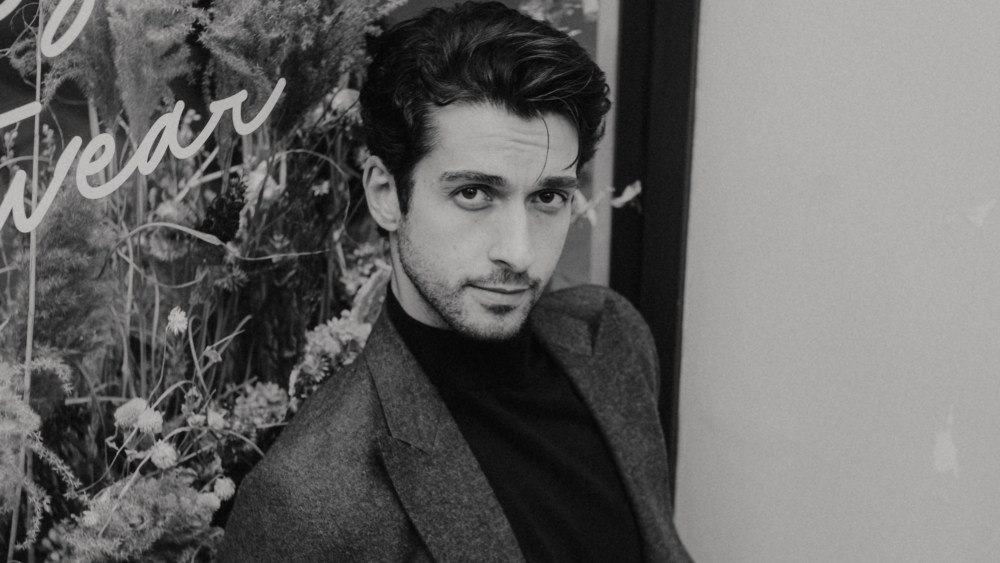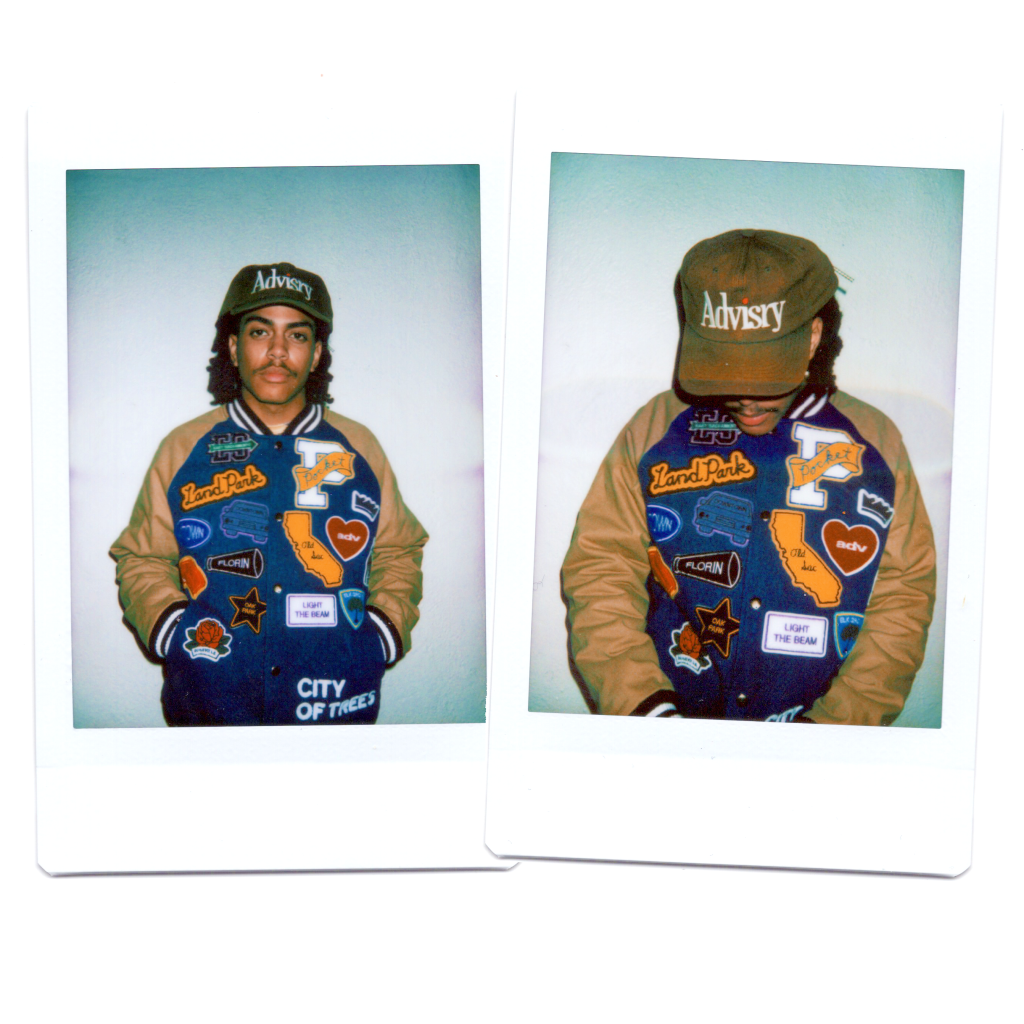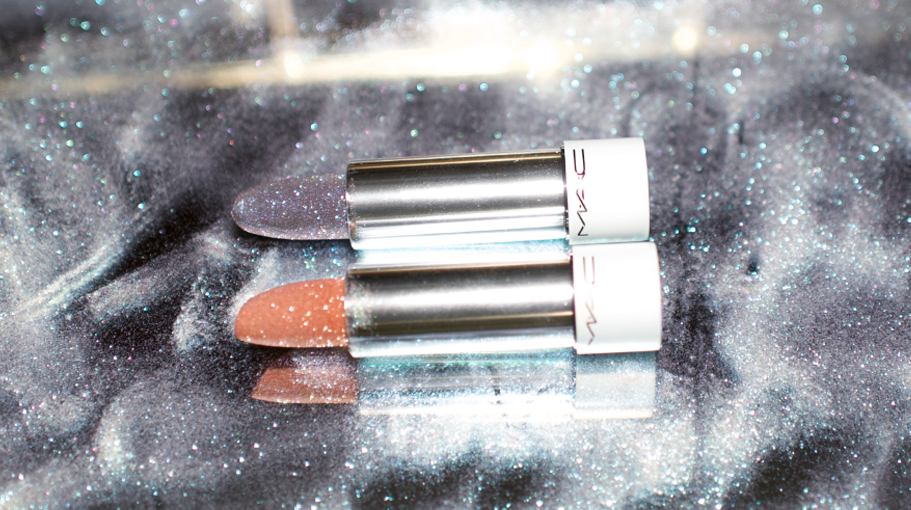In the ballet world, Reece Clarke is royalty — and it seems the whole world is falling for him.
The principal dancer at the Royal Ballet and Opera in London has risen quickly through the ranks. He’s often playing a prince in ballets such as “Swan Lake,” “The Sleeping Beauty,” “The Nutcracker” and “Cinderella.”
He resembles his characters with brown eyes and hair so perfect it appears to be sculpted; he looks as if he stepped out of a Hans Christian Andersen fairy tale or Disney animation film. There’s more: He’s also 6 feet 2 inches, which is very tall for a ballet dancer, but his height has only been a boon.
After each show members of the audience will greet him by the stage door. “Japan is one of the most passionate audiences out there. I normally go to the stage door for five to 10 minutes, but in Japan, it’s a good hour before leaving. Some of them show me photos of meeting me when I was 19,” he says on a late-night Zoom video call from Japan.
You May Also Like
Given his charm and looks, Clarke has even managed to captivate the fashion world. He’s represented by the British model agency Storm Management, has 114,000 followers on Instagram and in February was invited to Daniel Lee’s fall 2024 show at Victoria Park in East London.

Dior’s Kim Jones tapped him for a nine-minute solo dance performance at Charleston Lewes in May, dancing a new commission, “The Afternoon of a Faun” by Russell Maliphant.
“I met Kim two years ago, and we just got chatting and bonded about how his uncle [Colin Jones] was a dancer at the Royal Ballet and he shared all these incredible photos his uncle had taken of Rudolf Nureyev,” he says.

For the performance, Clarke wore a bespoke outfit designed by Jones and Dior Men.
“It was a very intimate set and it was on the lengthier side of a solo. The audience was so close they could hear me breathing, sweating and throwing the costume around,” he recalls.
That type of passionate audience has fueled his career so far.
Clarke is the youngest of four brothers, all of whom are professional dancers who attended the Royal Ballet School. “We got an award for it because it’s the first time in history that four members of the same family went through the Royal Ballet School,” says Clarke.
He’s the most high-profile of the four and has remained dancing, while his brothers Ryan and Ross have taken corporate paths and Russell is a director at Ballet Franklin in Franklin, Mass.

Neither of Clarke’s parents come back from a dance background. His father was a steelworker and his mother was a child-minder. “Dance for us was just another after-school activity to burn the energy off. There were four boys in one house and that was a lot for my parents,” he says, adding that he was on every sport’s team at school.
The 29-year-old dancer joined the Royal Ballet and Opera in 2013, and was promoted to principal dancer in 2022, the highest echelon of a ballet dancer’s career.
A principal dancer is the headliner of a ballet company, performing solos and a pas de deux, a dance duet, typically by a male and female ballet dancer.
“When I became principal, there was a lot of momentum around my career and profile. Since that day my inbox has lit up. I haven’t stopped and looked back since that moment, I’ve just been riding the wave,” says Clarke, smiling with every sentence while combating an eight-hour jet lag from London.
His opportunities have multiplied. What was supposed to be his summer break from June to August has been filled with invitations to take part in international performances in Kazakhstan, Uzbekistan, Hong Kong and Australia.

During the interview, Clarke was in the midst of practicing for the World Ballet Festival, which takes place in Tokyo triennially in late July to mid-August.
It was his first time performing at the critically acclaimed dance festival that’s by invitation only to dancers.
He opened the festival by dancing in the role of the warrior Solor in “La Bayadère,” a classical three-act ballet from 1877, about a love triangle.
Clarke recently played in another love triangle ballet, “Manon,” at legendary La Scala in Milan, based on the 1731 novel by French priest and author Abbé Prévost.
“When I stepped on stage for the first time [at La Scala] and looked out into the auditorium, I literally had goosebumps. I was blown away by how beautiful it was. They’ve had generations of incredible dancers coming there. It was always high up on my list and I was hoping that one day I would get to perform there,” he recalls.

Despite his many travels and growing fame, he has never forgotten his small hometown, Airdrie in North Lanarkshire in Scotland. He’s currently preparing for his first show there.
“I’ve never actually performed as a professional dancer in Scotland. I’ve been planning this show for literally eight years now. There were problems with venues [in the past], then COVID-19 happened, and there were financial challenges, but it’s finally been locked in,” says the ballet dancer.
He will be performing two shows, one in the afternoon and another in the evening at the newly renovated Airdrie Town Hall on Aug. 31.
Clarke has assembled a team from London’s Royal Ballet and two ballet dancers from the Scottish Ballet company to join him onstage for the intimate, 500-seat show.

He and the dancers will perform excerpts from a classical and modern ballet repertoire, including “Swan Lake,” “The Nutcracker,” “Sleeping Beauty” and more.
“It’s a thank you to my hometown and the community because they were really supportive of me and my family,” he says proudly in his Scottish accent.
The community has been particularly supportive. For years Clarke has worked with the premium potato brand Albert Bartlett, which is based in Airdrie.
“They’ve supported me and my family with travel and financing when I was training [to become professional],” he says, adding that the potato company stepped in again to help with the performance at Airdrie.
Even at the height of his ballet career, Clarke still counts his blessings and self-deprecatingly lays his success down to luck.
Spending 33 minutes on a Zoom call with Clarke could make one believe that perhaps Prince Charmings aren’t made in castles or in a Disney animation studio, but in small towns in Scotland.



